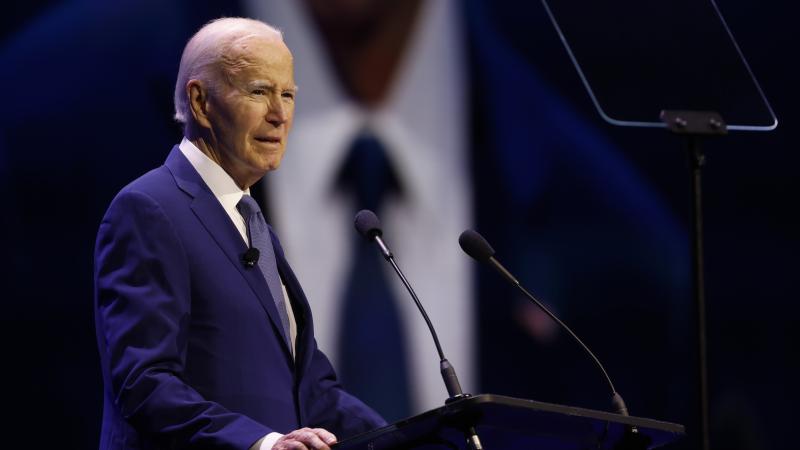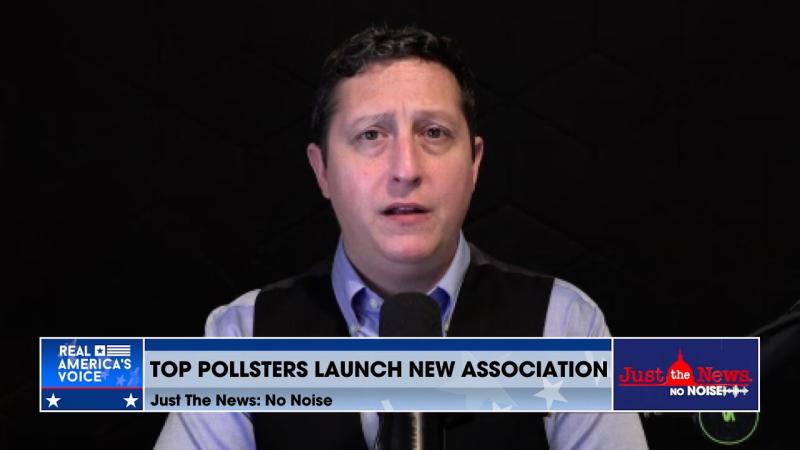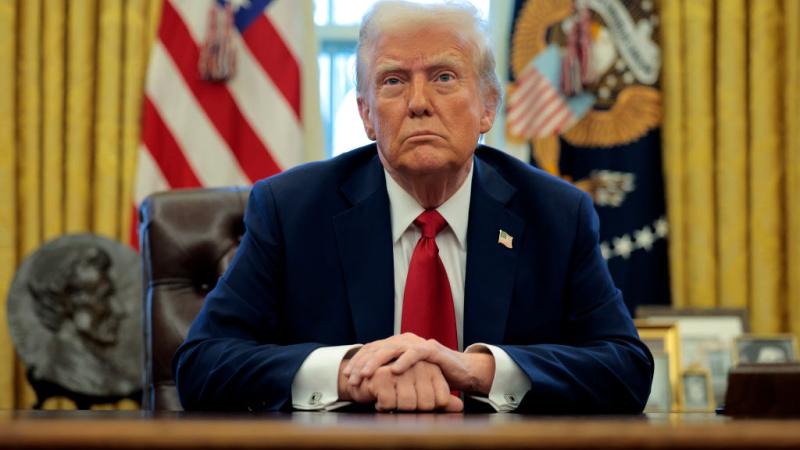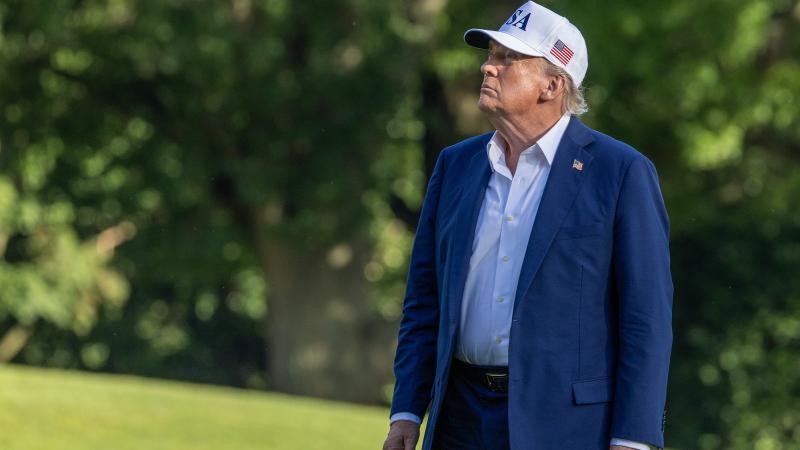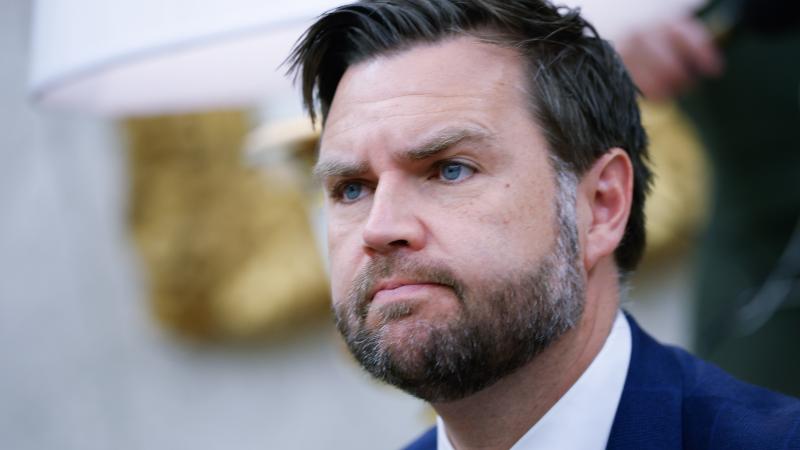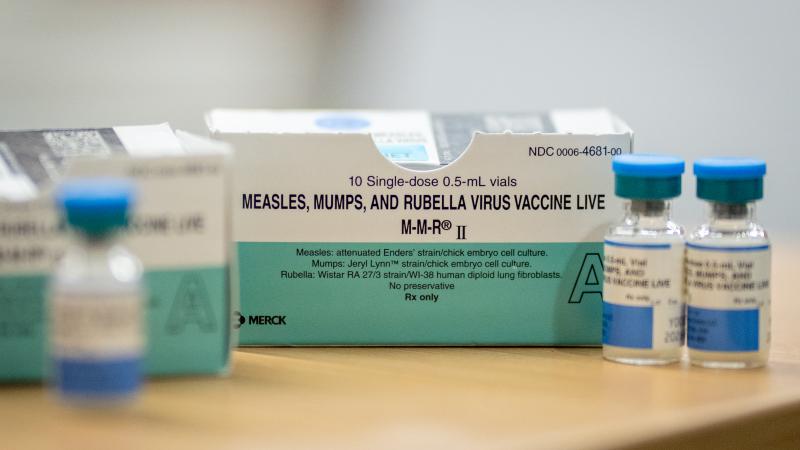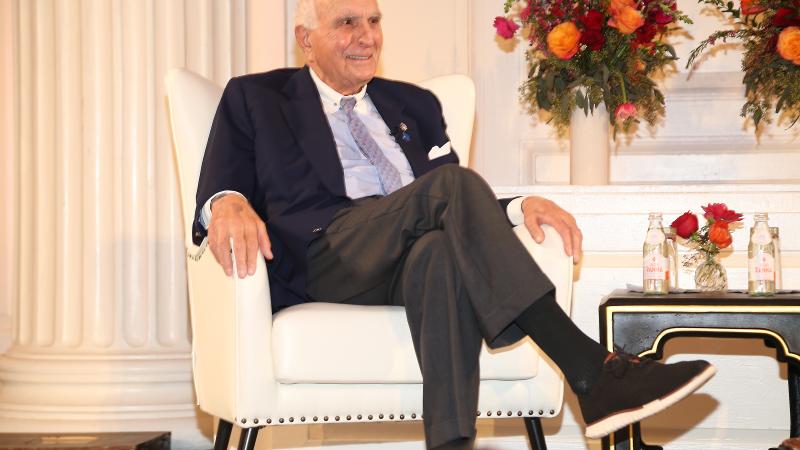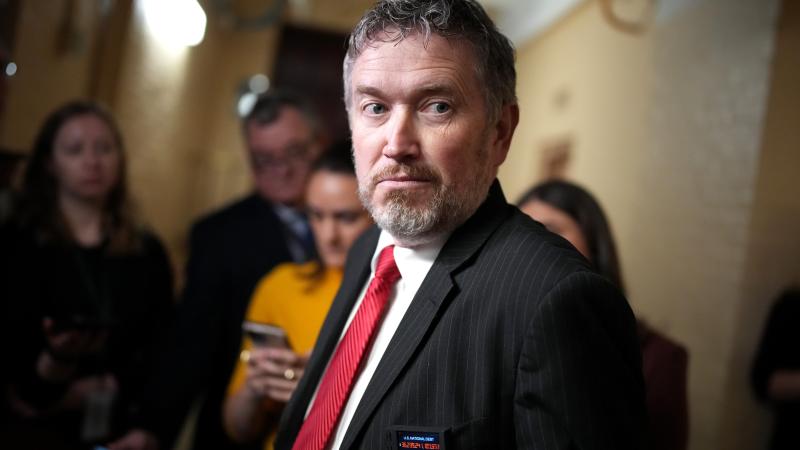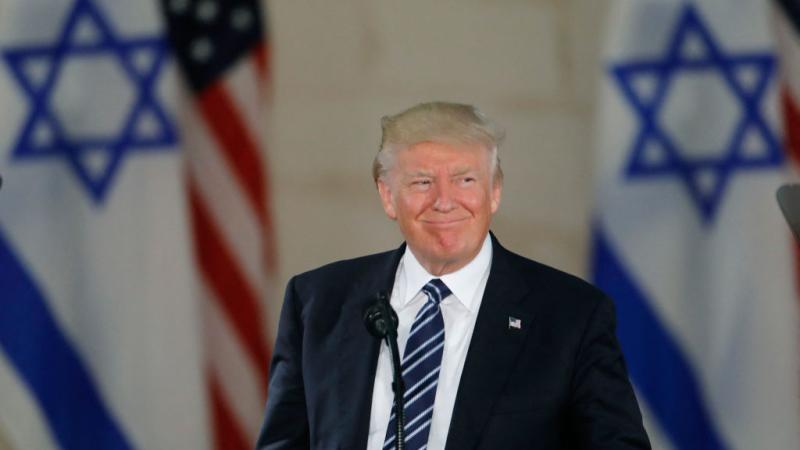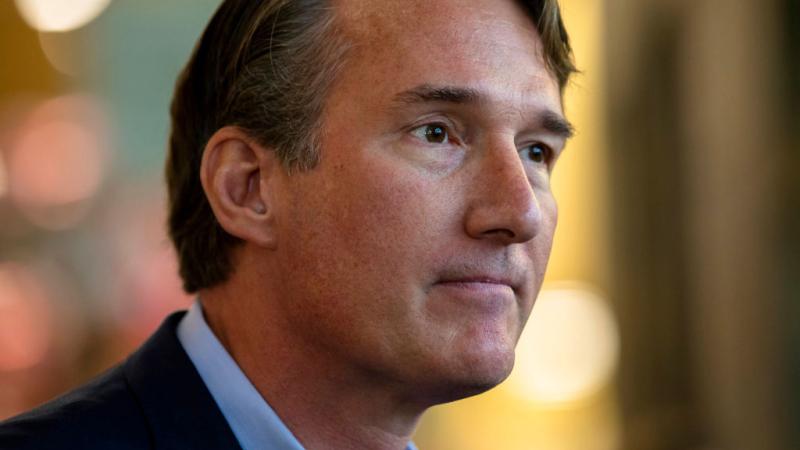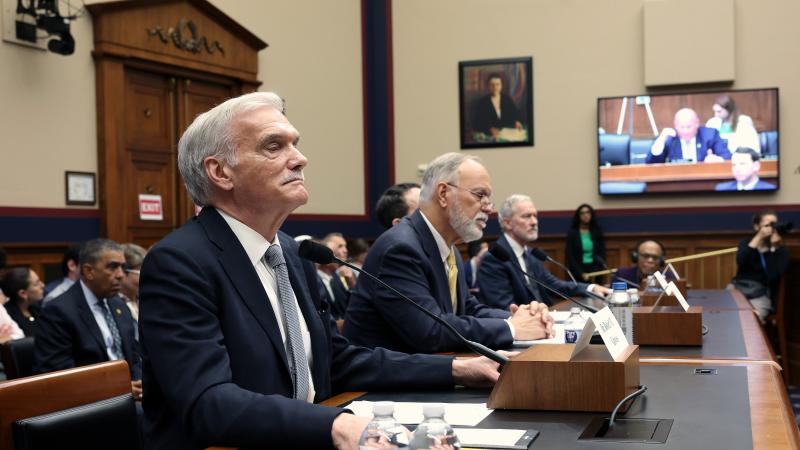Trafalgar Group polls: outliers with uncanny knack for accurately sampling Trump vote
Maverick pollster Robert Cahaly has honed techniques for finding Trump voters veiled by "social-desirability bias."
The Trafalgar Group, a Georgia-based polling firm known for its ability to correctly sample hard-to-reach, conservative Trump voters, shows President Trump with leads in the key battleground states of North Carolina, Florida and Michigan.
During the 2016 presidential race — widely predicted wrong by the mainstream polling establishment —the Trafalgar Group was the only pollster within the RealClearPolitics polling aggregator to show candidate Donald Trump defeating rival Hillary Clinton in Michigan. Their polls in 2016 also showed Donald Trump winning Pennsylvania — again, they were nearly alone in projecting Trump's narrow victory there — and thus taking the White House.
RealClearPolitics founder and president Tom Bevan recently praised the accuracy of Trafalgar's chief pollster Robert Cahaly's prognosticating abilities.
"Cahaly's success continued in 2018, most conspicuously in Florida," Bevan wrote. "He was one of the few pollsters whose data showed Ron DeSantis beating Andrew Gillum in the Florida gubernatorial race and Rick Scott besting incumbent Democrat Bill Nelson in the Senate race. Cahaly's firm, the Trafalgar Group, has emerged from the last two political cycles as one of the most accurate polling operations in America."
Cahaly last week posted a North Carolina poll showing Trump with a slight lead over Biden, though most other pollsters in the RCP average had Biden ahead:
"Our new @trafalgar_group #2020Election #NC #Battlegroundstate #NC #poll conducted Sept 9-11 shows a Trump lead: 47.8% @realDonaldTrump, 46.1% @JoeBiden, 2.0% all others, 2.5% Und. See Report: https://thetrafalgargroup.org/news/nc-pres-0920/ "
What is driving Trafalgar's sixth sense? Cahaly has spoken publicly about what he calls "hidden" Trump voters, who face what he calls a "social-desirability bias," where conservative and independent Trump voters feel marginalized and fearful about expressing their support for the president due to social stigma in media and social media. Cahaly told RealClearPolitics this bias in 2020 is "worse than it was four years ago."
Even Trump's harshest opponents say there's likely truth to this supposition about "shy" Trump voters.
"It is historically difficult to defeat an incumbent president, No. 1," Steve Schmidt, a vocal Trump critic from the Lincoln Project and former campaign adviser to the late John McCain, told MSNBC's Andrea Mitchell. "I suspect that there is at least a point or two of undercount for Trump voters."
Cahaly has honed several techniques for capturing this "shy" Trump vote, including asking respondents not only how they themselves will vote, but also how they think their neighbors plan to vote. Cahaly's rationale is this gives these more guarded voters a more socially acceptable method for expressing their own feelings, by projecting them onto others.
"I grew up in the South, and everybody is very polite down here, and if you want to find out the truth on a hot topic, you can't just ask the question directly," Cahaly told POLITICO Magazine. "So, the neighbor is part of the mechanism to get that real answer. In the 11 battleground states, and 3 non-battleground, there was a significant drop-off between the ballot test question [which candidate you support] and the neighbors' question [which candidate you believe most of your neighbors support]. The neighbors question result showed a similar result in each state: Hillary dropped [relative to the ballot test question] and Trump comes up across every demographic, every geography. Hillary's drop was between 3 and 11 percent while Trump's increase was between 3 and 7 percent. This pattern existed everywhere from Pennsylvania to Nevada to Utah to Georgia, and it was a constant."
Cahaly said his team also noticed over time during the 2016 GOP primary that automated "push-button" polls — those done by machine instead of a live, human caller — were more precise at capturing Trump supporters, another possible indicator of "social-desirability bias."
"Every single time we polled in the primary, the push-button said 4.5 points better for Trump," Cahaly also told POLITICO. "And obviously, we didn't know until the primary election that the push-button would always be right. The push-button had a much wider universe and it was right. In every single one of those situations, it was more accurate. I mean, it was the most accurate poll in South Carolina, most accurate poll in Georgia, second-most accurate in Florida, and we noticed the pattern. And so, we took what we learned in the primary and we put that information in the general election balloting."
On Twitter, Cahaly routinely goes after mainstream media and polling companies for either criticizing Trafalgar results or lagging far behind Trafalgar in spotting trends that Cahaly's team identified long before.
Cahaly recently challenged prominent pollster Nate Silver of 538 (which currently grades Trafalgar's methodology a C+) to a bet on the accuracy of each man's presidential polling outcome accuracy. Cahaly's comments came after Silver said, "I would not bet" on Trafalgar "being right this year."
.@NateSilver538 I’ll take that bet. I’ll wager $10k to the COVID-19 relief charity of the winner’s choice that @trafalgar_group electoral & state projections will more accurately predict the Presidential winner than @FiveThirtyEight. If you accept we’ll work out specs in public.
Last month, Trafalgar polling showing Trump within a half-percentage point of Biden in Minnesota and ahead by about one point in Wisconsin and Michigan. When the Michigan poll was released, Cahaly Tweeted: "Doubt what we @trafalgar_group say about #MI #Elections2020 at your own peril. History is not on your side."
The Facts Inside Our Reporter's Notebook
Links
- the only pollster within the RealClearPolitics
- Pennsylvania
- Tom Bevan recently praised the accuracy of Trafalgar's chief pollster Robert Cahaly's prognosticating abilities.
- Ron DeSantis beating Andrew Gillum
- Rick Scott besting incumbent Democrat Bill Nelson
- @trafalgar_group
- #2020Election
- #NC
- #Battlegroundstate
- #NC
- #poll
- @realDonaldTrump
- @JoeBiden
- https://thetrafalgargroup.org/news/nc-pres-0920/
- Steve Schmidt, a vocal Trump critic from the Lincoln Project and former campaign adviser to the late John McCain, told MSNBC's Andrea Mitchell.
- Cahaly told POLITICO Magazine
- which currently grades Trafalgar's methodology a C+
- @NateSilver538
- @trafalgar_group
- @FiveThirtyEight
- @NateSilver538
- @trafalgar_group
- @FiveThirtyEight
- @trafalgar_group
- #MI
- #Elections2020

